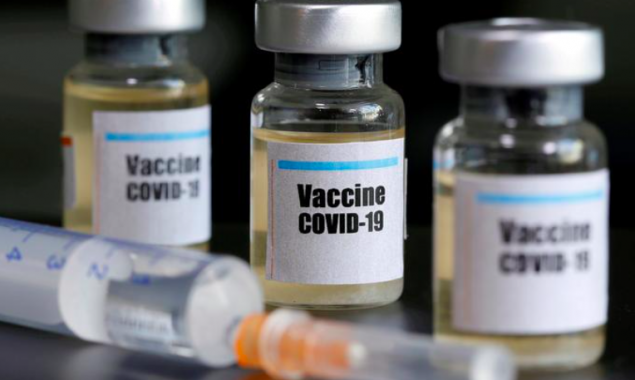Different strains of Corona Virus and the effectiveness of vaccines
Developing a vaccine in under 1 year is a massive achievement in...

Geneva: On Tuesday, the heads of four major global organizations said that in order to bring the coronavirus under control, world leaders must make a “new commitment” to a more equal distribution of vaccines.
Their joint concern is that the pandemic, which has already killed more than 3.5 million people globally, has been prolonged and complicated due to the vaccine inequality between wealthy and poor nations, along with a call for tens of billions of dollars more funding.
The fresh outbreaks in the developing world have been fuelled by the emergence of virus variants and in their appeal, the heads of the World Health Organization, World Bank, International Monetary Fund and World Trade Organization have blamed the gap in vaccination programs.
“It has become abundantly clear that there will be no broad-based recovery from the Covid-19 pandemic without an end to the health crisis,” they said in a joint op-ed in the Washington Post. “Access to vaccination is key to both.” The Group of Seven wealthiest economies are set to meet in the United Kingdom next month and the leaders of the four organization called on them to agree on a “stepped-up coordinated strategy, backed by new financing, to vaccinate the world” in that meeting.
Speaking at a news conference on Tuesday, they also urged the G7 countries to fund a $50-billion plan already proposed by the IMF to help even out any inequities and accelerate the end of the pandemic. To enable a lasting economic recovery, the aim is to vaccinate at least 40 per cent of the global population by the end of the year and at least 60 per cent by the end of next year.
WHO chief Tedros Adhanom Ghebreyesus told reporters that the cash injections “would help us dramatically scale up the production of diagnostics, treatments, oxygen, medical equipment and equal distribution of vaccines.”
The issue is not just about health, stressed the IMF chief Kristalina Georgieva. She told the reporters, “We are deeply concerned because an increasingly two-track pandemic is causing a two-track economic recovery — with negative consequences for all countries.”
“Our data shows that, in the near term, vaccinating the world is the most effective way to boost global output… Vaccine policy is economic policy.” She insisted that the investments requested were small in comparison to the massive returns.
“The $50 billion price-tag is dwarfed by the estimated $9.0 trillion to be gained by the increase in economic activity by 2025, making it the best public investment ever.” Urging countries to make investments needed “to save lives and pick up those trillion-dollar bills,” the WTO chief Ngozi Okonjo-Iweala agreed with the IMF chief.
She also called for equal distribution of vaccines by scaling up the production capacity through technology transfer while also calling for cooperation to remove trade restrictions hampering the movement of vaccines and the raw material needed to produce them.
The same issue was picked up by World Bank chief David Malpass. “It is vital that we speed up the supply chain,” he said, stressing the need to “shorten the time from the manufacturing of the vaccine to shots in arms. At present, too many doses are waiting to be allocated.”
The WHO already spoke out about what it said was “grotesque” vaccine inequality in March. Tedros in May appealed to vaccine-wealthy nations to donate the doses to other nations rather than giving shots to children and adolescents. The aim of the Covax vaccine-sharing facility is to provide equitable access to doses around the world, particularly in poorer countries.
However, in the early stages of procurement, wealthy countries effectively elbowed out Covax. They took the overwhelming share of more than 1.8 billion doses of vaccine already injected worldwide by sticking their own deals with drug manufacturers.
In a meeting in central London under tight coronavirus restrictions last month, the G7 member countries committed to financially support Covax. However, no immediate announcement was made on fresh funding to improve access to vaccines, despite repeated calls for the group to do more to help poorer countries.
Catch all the Coronavirus News, Breaking News Event and Latest News Updates on The BOL News
Download The BOL News App to get the Daily News Update & Follow us on Google News.